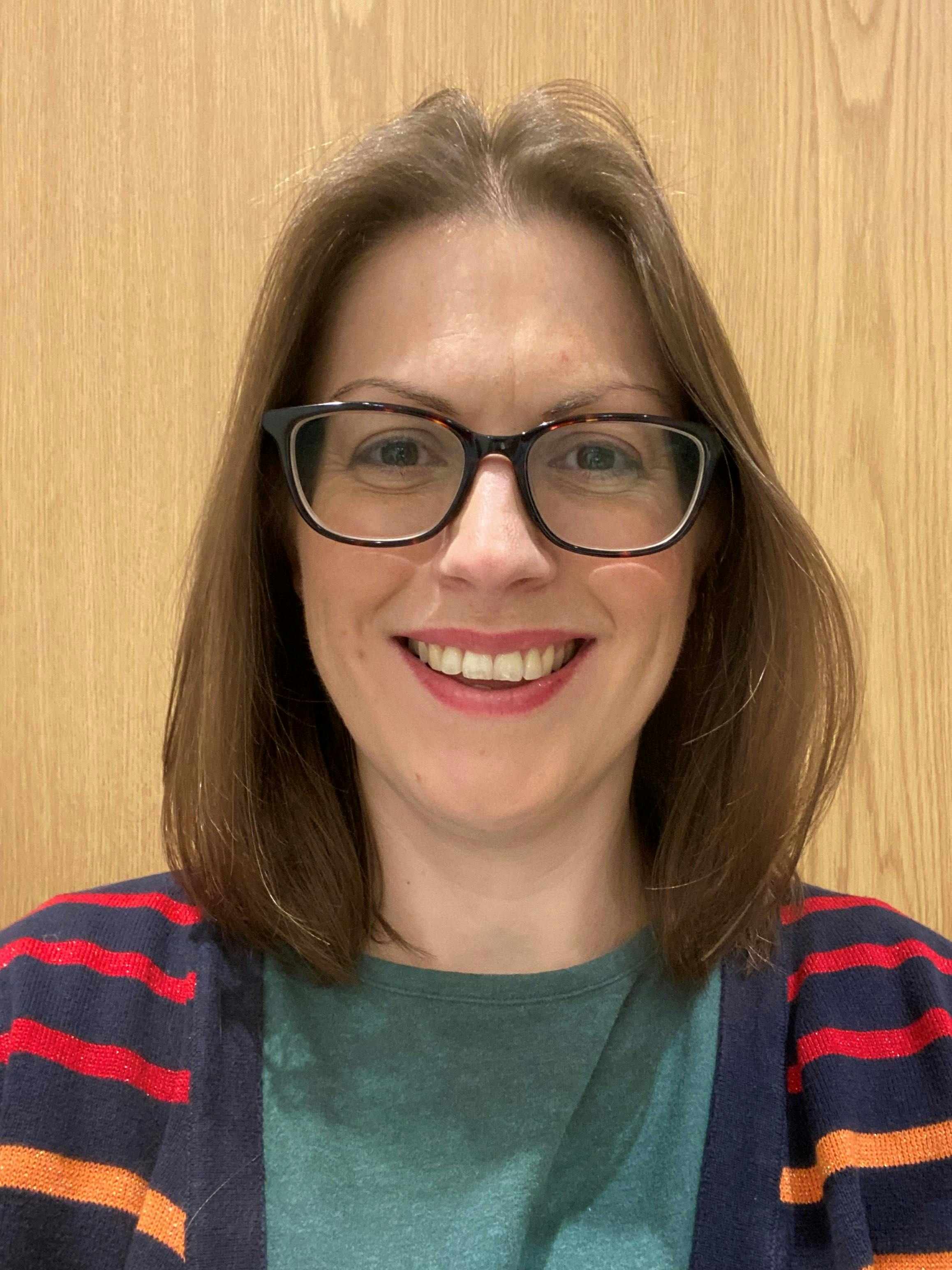Learning from your experiences and what you think about the NHS 111 service in south east London
Background
South East London Integrated Care Board (SEL ICB) pays for and arranges the NHS 111 service on behalf of people living in south east London (SEL). Our current arrangements end in March 2027 and we, therefore, need to put in place a new NHS 111 service to begin in April 2027.
In preparation for putting in place a new service to replace the current one, we needed to understand what works well, what doesn’t work well about the current service and what needs to change for our residents.
How people got involved
We invited people living in Bexley, Bromley, Greenwich, Lambeth, Lewisham and Southwark to tell us about their experiences of the NHS 111 service, what works well and what can be improved. The survey run for 8 weeks November 2023 - January 2024 and aimed to:
- Understand if people have used the NHS 111 service
- Learn what people know about the service and receive feedback about their experience of using the service
- Identify how people would like the service to change or improve
- Hear their recommendations to support improvement
The survey was promoted to members of the public in south east London, as well as to over 1,000 members of the South East London People’s Panel. It remained open for eight weeks, during which time we received a total of 407 responses.
The survey is now closed. Thank you to everyone who took part and you can read key findings and full report here.
Key findings
NHS 111 current service
- Our findings shows that although people generally have a good understanding of the role of the NHS 111 service, more promotion is needed around the service’s capabilities.
- More than 50% of respondents reported having used the service within the past year, with the majority choosing to access the service via telephone.
- The primary reasons for accessing the NHS 111 service included seeking clarity on the urgency of their conditions (34%), utilising it as an alternative to the GP service during out-of-hours periods (30%), or when unable to secure a timely appointment (19%).
- Those who had used the service acknowledged and appreciated the helpful advice and support provided once they had spoken with a clinician, but expressed concerns about long wait times for callbacks.
- Overall, the majority of respondents expressed satisfaction with the service received, as they were able to obtain the necessary advice and/or care. However, some individuals reported dissatisfaction, flagging issues such as not receiving the advice or care needed, frustration with the triage process, and long waits for callbacks.
New NHS 111 service
- The majority of respondents prefer telephone (rather than online) access to NHS 111 services, finding it more accessible, easier to explain their concerns, and more reassuring to speak directly with a person.
- Among the survey respondents, over 69% expressed a preference for receiving a callback as soon as the clinician is available (rather than at a prearranged time) to obtain the help and advice they need. Of these, 55% indicated a preference for callbacks as soon as the clinician is available at any time, day or night, while 13% preferred this during daytime hours only. Preferences for callbacks varied depending on the health condition, urgency of the situation, and other pre-existing complex health issues.
- Respondents emphasised the importance of receiving callbacks within 4 hours for non-urgent issues and within 30 minutes for urgent health conditions.
- Language barriers, digital exclusion, and accessibility challenges for individuals with physical and sensory impairments, as well as socioeconomic deprivation, were identified as the most common barriers to using the service or limiting access to it.
- Over 80% (326) of respondents said that they value the service, considering NHS 111 an essential resource. They expressed their desire to continue having access to the service in the future. Some examples of respondents’ comments about the importance of the service are noted below:
'Yes. I have found 111 exceptionally helpful, informative and efficient.'
'Yes, as an autistic person I hate going to A&E. Too many people overwhelms me and I know this would make my situation a lot worse'
'It is an extremely essential part of the health service especially since the pandemic and I am unable to get a face to face appointment with my doctor- I feel lucky to have this service available because of this'
Other ways to involve people
Over summer 2024, the SEL 111 Programme Team, alongside the engagement team, organised a series of face-to-face outreach sessions, aimed at connecting with groups and communities that had been identified as facing barriers in accessing the NHS 111 service, not accessing the service or accessing the service much more than the general population.
The outreach initiative included visits to various community events and groups, such as:
- Black Inspire - community event in Lambeth
- Men in sheds, an Age UK initiative in Bexley
- Orpington Health and Wellbeing Café, run by Orpington Primary Care Network in Bromley
- Bengali Women’s Group in Greenwich
- Indoamerican Refugee & Migrant Organisation and Latin American Women's Rights Service
- South East London Learning Disability and Autism Forum
These visits allowed us to gather feedback from over 100 individuals. The feedback collected is informing our plans to improve people’s experience of using the service and identifying ways to overcome barriers that people are facing when accessing 111.
Read more and see key insights and recommendations
Next steps
Feedback from those we have engaged with allows SEL ICB to evaluate our current NHS 111 service from the patient perspective, as well as ensuring that in the redesign we keep those elements that patients value and change things where we can to further improve things for patients.
The findings have informed our approach to developing the specification, as well as performance targets that we will set for the new service. We have been working with south east London borough colleagues to shape the service models based on recommendations from this report.
Patient and Public Voice Recruitment
The team started a process to recruit two patient and public voice (PPV) partners to assist with the procurement of the SEL 111 Integrated Urgent Care (111 IUC) Service in autumn 2024.
Thank you to everyone who sent an expression of interest in support of this work.
The ICB Board discussed the re-procurement of NHS 111 in December 2024 and recognised and welcomed the engagement with local people and the resulting service development work addressing the issues that you told us about. The Board also acknowledged the news that new national guidance on NHS 111 was due to be published soon and that a new Ten-Year Plan for the NHS was due to be published in spring 2025, with a focus on moving more care from hospitals to communities. The Board, therefore, made the decision to delay the procurement of NHS 111 for one year so that we could make sure that our proposals for NHS 111 in south east London fit with the national guidance or understand whether we needed to make any changes to our plans. As such, we also paused the recruitment of our Patient and Public Voice Partners.
We are happy to announce that, with the publication of the 10-Year Health Plan in July 2025, we were able to restart work on our 111 procurement and progress the appointment of our Patient and Public Voice Partners. We have chosen two individuals from the thirty applications that we received, who have now joined our programme board and are assisting us with the review of our service specifications and tender documentation.






